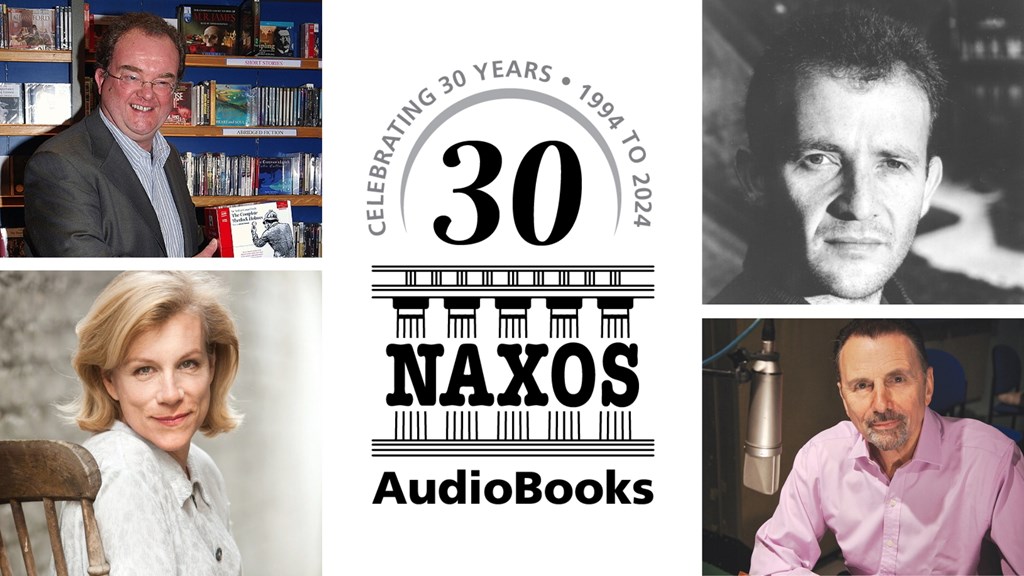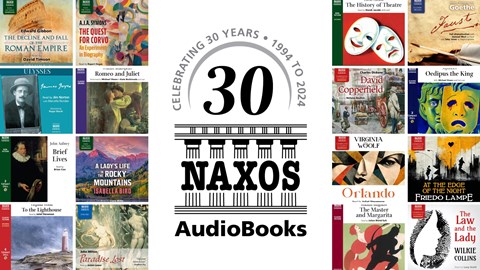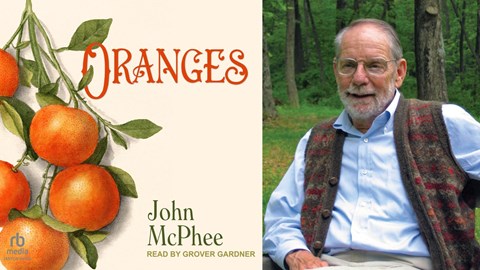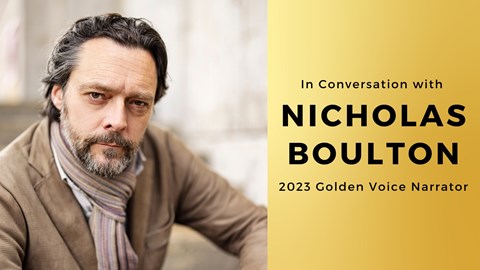Nicolas Soames, co-founder of Naxos Audiobooks, shares his remembrances of the heady early years of the company in celebration of Naxos's 30th anniversary.
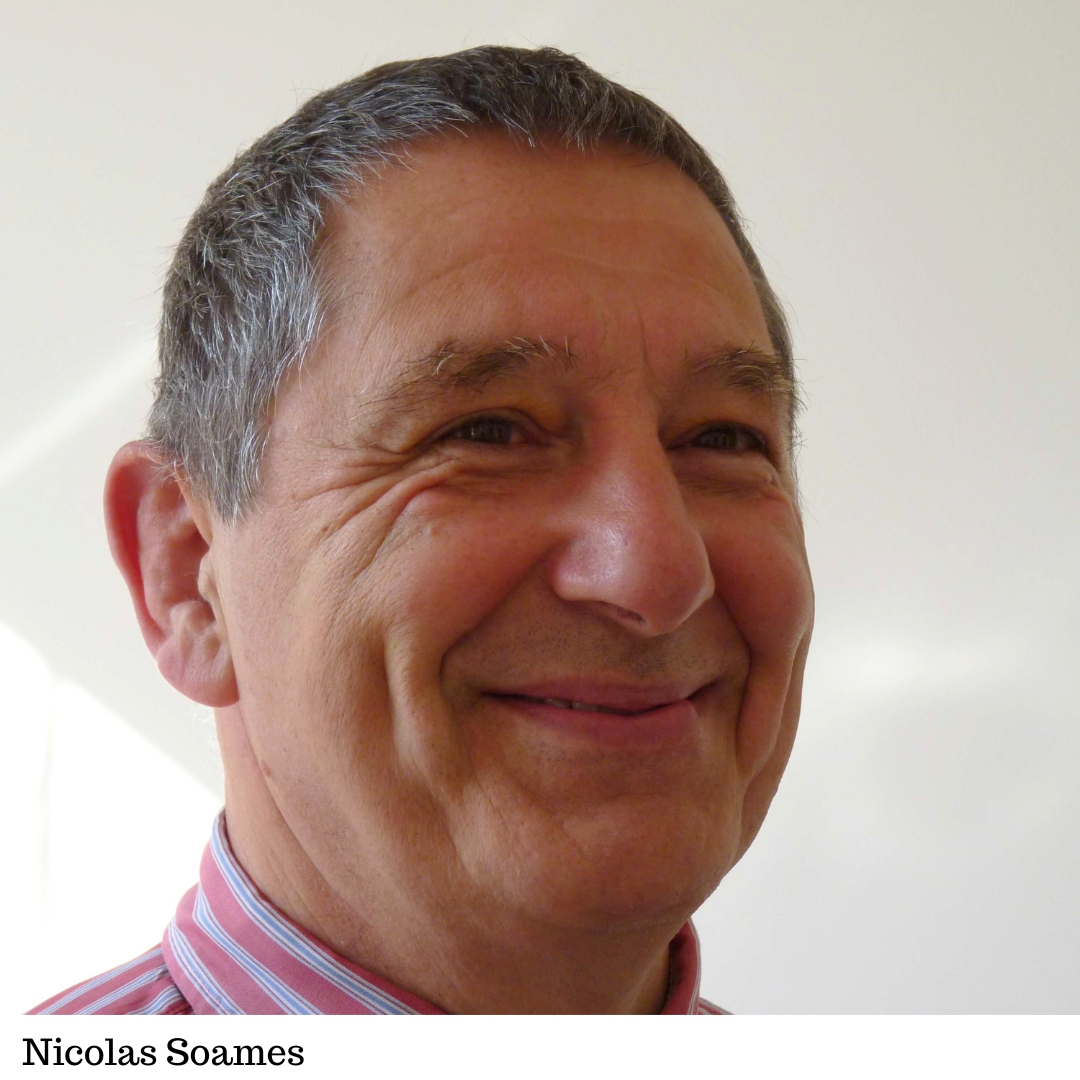
“Naxos Audiobooks: Classic Literature with Classical Music on Cassette and CD”—that was the tagline attached to the launch of our first five titles. It was September 1994. Autumn was in the air, but there was a spring in the step of audiobooks—its time was here. So proclaimed the publishing world.
Spoken word had been part of my world since my early teens—ever since I was thunderstruck by Richard Burton’s 1954 recording of Dylan Thomas’s UNDER MILK WOOD. In its original vehicle, it was called radio, of course, but by the time I came to it, the medium was LP. The point being, I didn’t need to be persuaded of the marvels of the spoken word. I was an early convert.
 My professional induction into the medium came by a circuitous route: journalism (specialisms: classical music and judo), sidetracked into a CD label (Clarinet Classics) and a specialist judo imprint (Ippon Books). This segued into Naxos AudioBooks via a ten-minute chat at a formal industry supper with Klaus Heymann, the remarkable and entrepreneurial founder of Naxos, the classical musical label.
My professional induction into the medium came by a circuitous route: journalism (specialisms: classical music and judo), sidetracked into a CD label (Clarinet Classics) and a specialist judo imprint (Ippon Books). This segued into Naxos AudioBooks via a ten-minute chat at a formal industry supper with Klaus Heymann, the remarkable and entrepreneurial founder of Naxos, the classical musical label.
So there I was in May 1994 in an English country studio, recording Milton’s PARADISE LOST with Anton Lesser, one of England’s leading Shakespearean actors and also a much-loved BBC Radio voice. I had never recorded an audiobook for real, Anton had never recorded a full audiobook, my engineer Alan Smyth (a former viola player with Thomas Beecham, turned a music recording engineer) had never recorded an audiobook.
But the green light flashed, and off we went:
“Of Man’s First Disobedience, and the Fruit
Of that Forbidden Tree, whose mortal taste
Brought Death into the World, and all our woe . . .”
Just writing this memory, a fizz goes down my spine.
Later, after incorporating seventeenth-century viol music by John Jenkins, courtesy of the voluminous Naxos catalogue, we knew that something special was happening.
And thus, the roller coaster began. It didn’t spring fully formed. My son, Benjamin Soames, recently graduated from the London theater school LAMDA, opened the door to new, young voice talent, all recording audiobooks for the first time. The successful Junior Classics series began with him: TALES OF THE GREEK LEGENDS; from Laura Paton (LAMDA) came Virginia Woolf’s ORLANDO; also from the youthful stable came Michael Sheen with CRIME AND PUNISHMENT, OEDIPUS, ROMEO AND JULIET, with Kate Beckinsale, and much else. It was clear from the start that there was something exceptional here.
Weeks later, Juliet Stevenson came in to read TO THE LIGHTHOUSE. I happened to glance at her script as she sat down. There wasn’t a mark on it, no indication whose voice was about to speak, or where thought and expression melded into one another . . . Was it going to be an edit nightmare? No! She never wrong-footed, every inner voice as clear and precisely identified as a bell. “I just remember what is on the page,” she said simply at the time. Being a perfectionist doesn’t mean just a seamless recording from her, but something more—not just magical, but truly authentic.
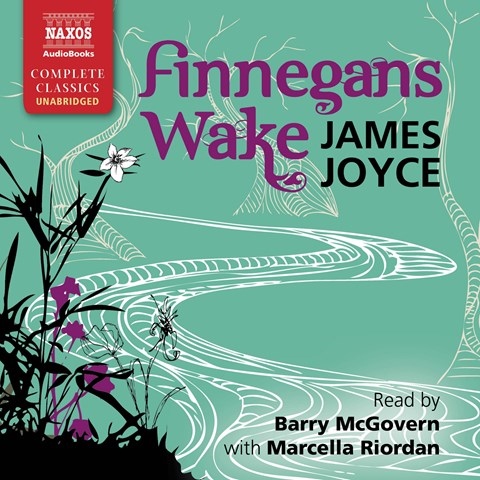 Classics we were . . . and we loved challenges. James Joyce’s ULYSSES and FINNEGANS WAKE with Jim Norton and Marcella Riordan, two Irish actors embedded in their heritage. Marcel Proust—a baton picked up by Neville Jason, he of a John Gielgud recommendation and one of the outstanding voices of our time. Brian Cox, a radio advocate, pre and post Logan Roy, came up for BRIEF LIVES and a multi-voice DRACULA.
Classics we were . . . and we loved challenges. James Joyce’s ULYSSES and FINNEGANS WAKE with Jim Norton and Marcella Riordan, two Irish actors embedded in their heritage. Marcel Proust—a baton picked up by Neville Jason, he of a John Gielgud recommendation and one of the outstanding voices of our time. Brian Cox, a radio advocate, pre and post Logan Roy, came up for BRIEF LIVES and a multi-voice DRACULA.
And thus it continued. At first, abridgment was the order of the day. With the advent of Audible, and digital downloads, unabridged came out of the libraries and into a wider audience. So off we went again: Dickens, Tolstoy, Dumas, Flaubert, Melville, Sterne, Spenser. The list was endless, and the glories manifest. Narrators flocked to record the classics. Alas, it proved too difficult to add music to these long recordings, so it was used only in special circumstances—like the unabridged PARADISE LOST.
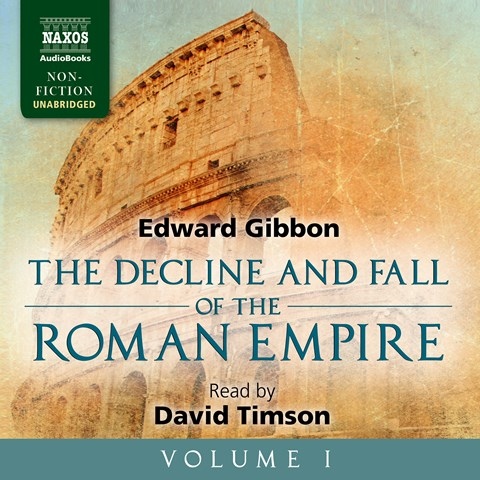 Nonfiction—philosophy, religion, history—also featured, with some narrators crossing over comfortably. Fluent, versatile, experienced David Timson essayed the enormous DECLINE AND FALL OF THE ROMAN EMPIRE one moment, THE PICKWICK PAPERS the next, followed by the complete Sherlock Holmes. Yes, really. His preparation was unbelievable. He writes (THE HISTORY OF THEATRE, recorded by Derek Jacobi) and directs (Shakespeare plus Goethe’s FAUST with Toby Jones and Samuel West), and advised me well.
Nonfiction—philosophy, religion, history—also featured, with some narrators crossing over comfortably. Fluent, versatile, experienced David Timson essayed the enormous DECLINE AND FALL OF THE ROMAN EMPIRE one moment, THE PICKWICK PAPERS the next, followed by the complete Sherlock Holmes. Yes, really. His preparation was unbelievable. He writes (THE HISTORY OF THEATRE, recorded by Derek Jacobi) and directs (Shakespeare plus Goethe’s FAUST with Toby Jones and Samuel West), and advised me well.
There were some unforgettable phone calls. “Hello. This is Kenneth Branagh’s manager. He would like to record RICHARD III. In two weeks. Would you be interested?” Done! “Hello, this is John Tydeman [former head of BBC Radio Drama]. Paul Scofield would like to record KING LEAR for his 80th birthday. Would you be interested?” Done. Ian McKellen’s Prospero followed.
 And not to be forgotten was the contemporary Japanese connection. We dived into the principal novels, unabridged of course, of Haruki Murakami, fortunate that his book publisher hadn’t realised his works were naturals for audiobooks. It was an association I treasured for years . . . until the publisher began clawing them back. Understandably of course. That is the strength and weakness of the maverick independent!
And not to be forgotten was the contemporary Japanese connection. We dived into the principal novels, unabridged of course, of Haruki Murakami, fortunate that his book publisher hadn’t realised his works were naturals for audiobooks. It was an association I treasured for years . . . until the publisher began clawing them back. Understandably of course. That is the strength and weakness of the maverick independent!
What a life! My personal karmic tagline has been that I must have done something reasonably good to warrant 20 years of the greatest classics and working with breathtaking talent.
And though in the past 10 years I have taken new routes, I have, of course, watched the progress of Naxos AudioBooks, and I can honestly say that it has, itself, taken new and bold routes in the hands of Anthony Anderson and his team. I could not have wished for better for the label.
--
For more on the first 30 years of Naxos AudioBooks, be sure to tune into our interview with narrators David Timson and Rupert Degas. You can find that by following our Behind the Mic podcast, or you can listen right here.
For nearly three decades, Nicolas Soames was a UK-based journalist traveling the world, specializing in classical music (interviewing Luciano Pavarotti, etc.) and judo (covering six Olympics for newspapers and BBC TV). His many interests culminated, by happenstance, in co-founding Naxos AudioBooks in 1994 and later going solo with Ukemi Audiobooks (philosophy, economics, etc.) and Dharma Audiobooks (Buddhism), recently acquired by RB Media.
Photos courtesy of Nicolas Soames, Anton Lesser, David Timson, Neville Jason, and Juliet Stevenson.


